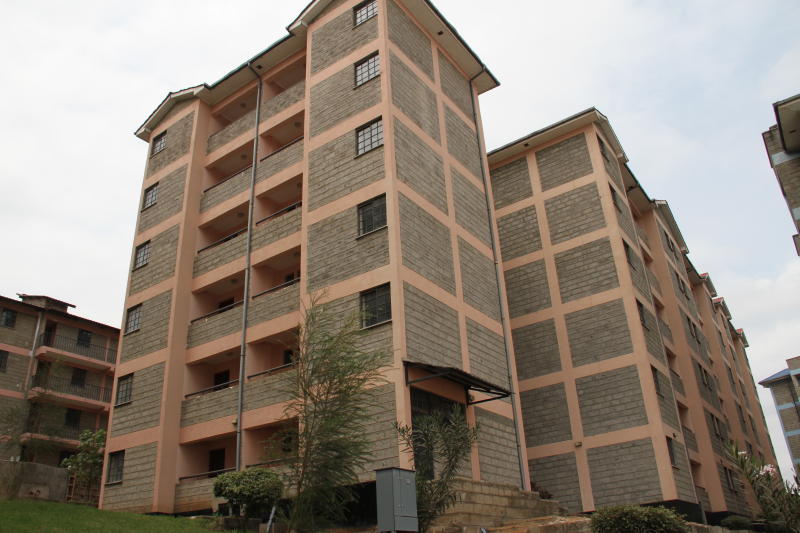×
The Standard e-Paper
Smart Minds Choose Us

An air of uncertainty hangs over implementation of President Uhuru Kenyatta’s housing fund.
It is not yet clear when employers shall begin remitting deductions from employees’ pay and their own share towards the National Housing Development Fund.